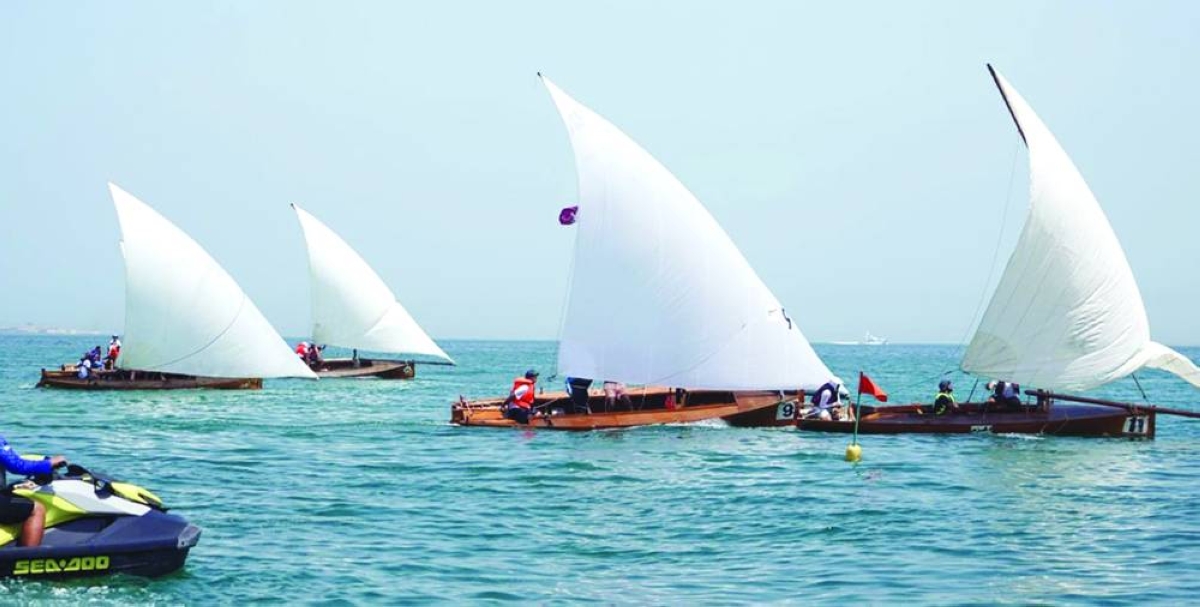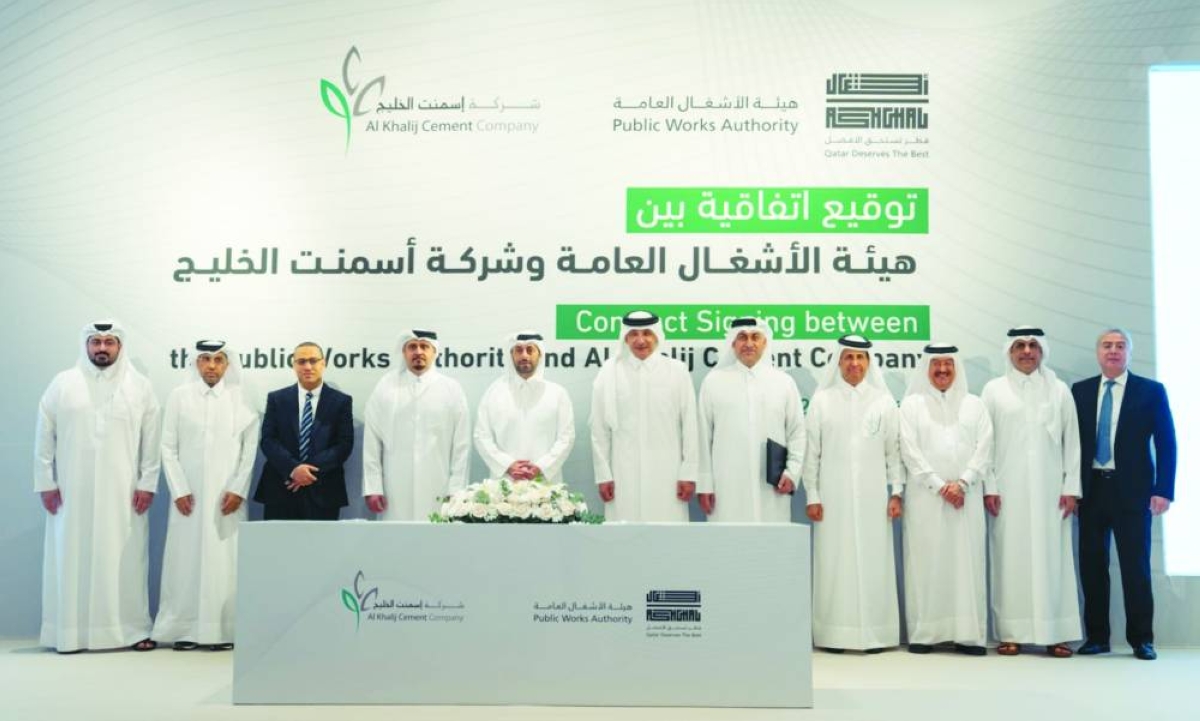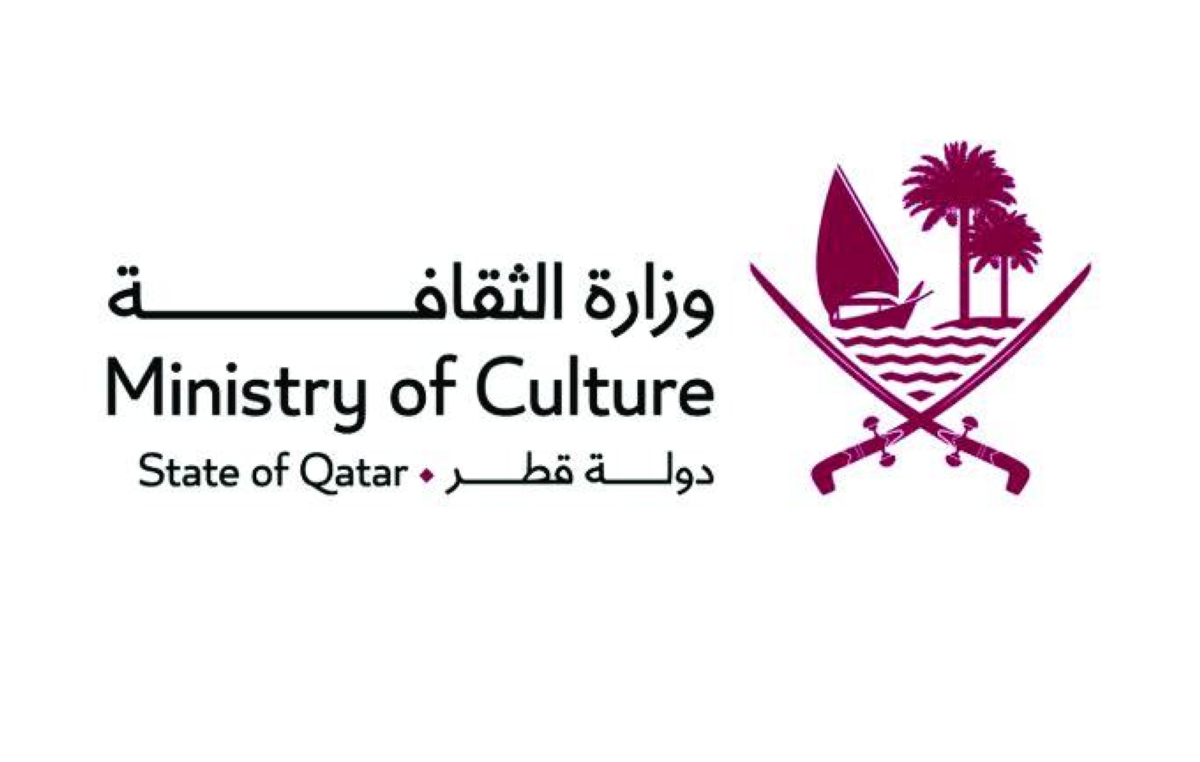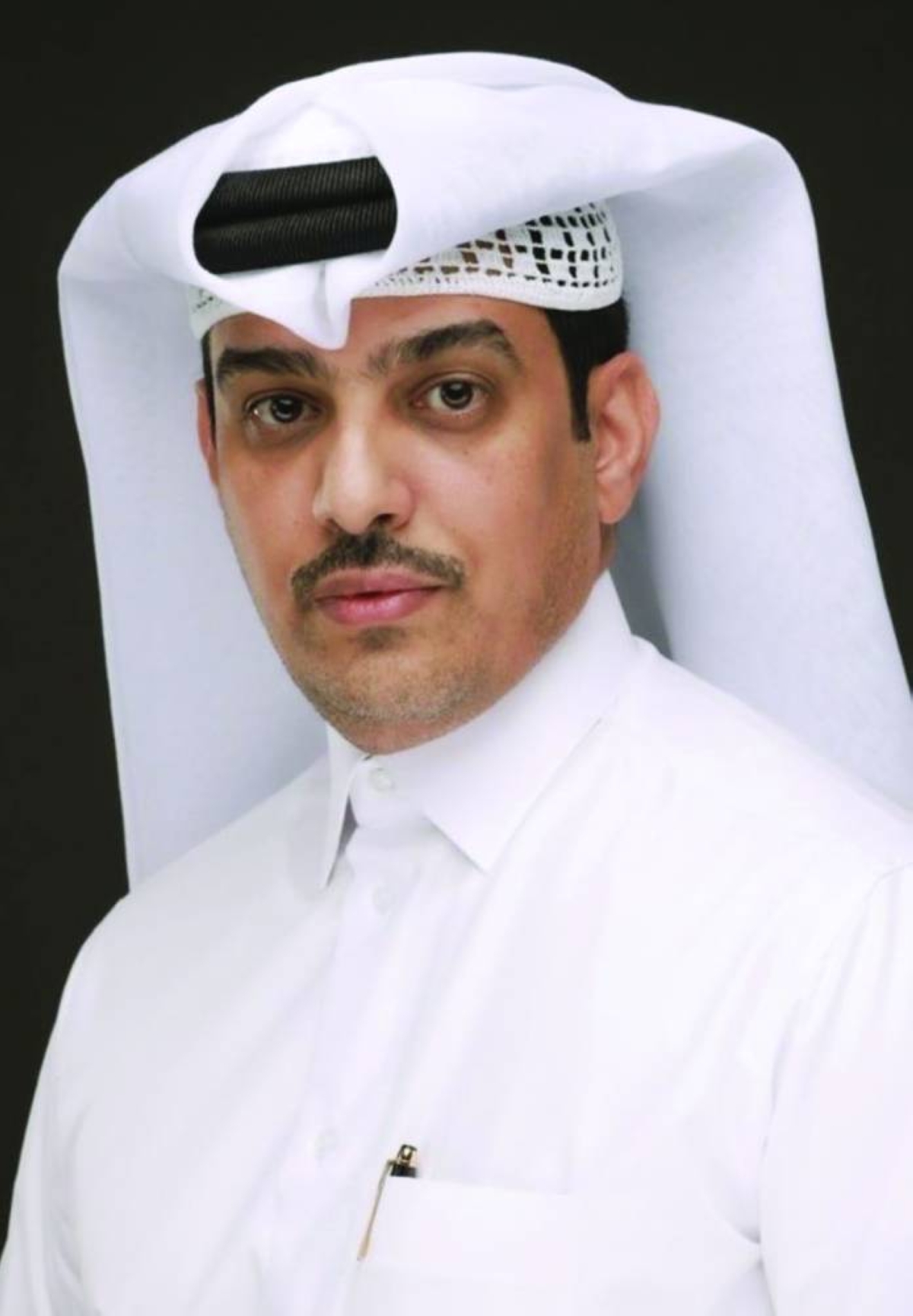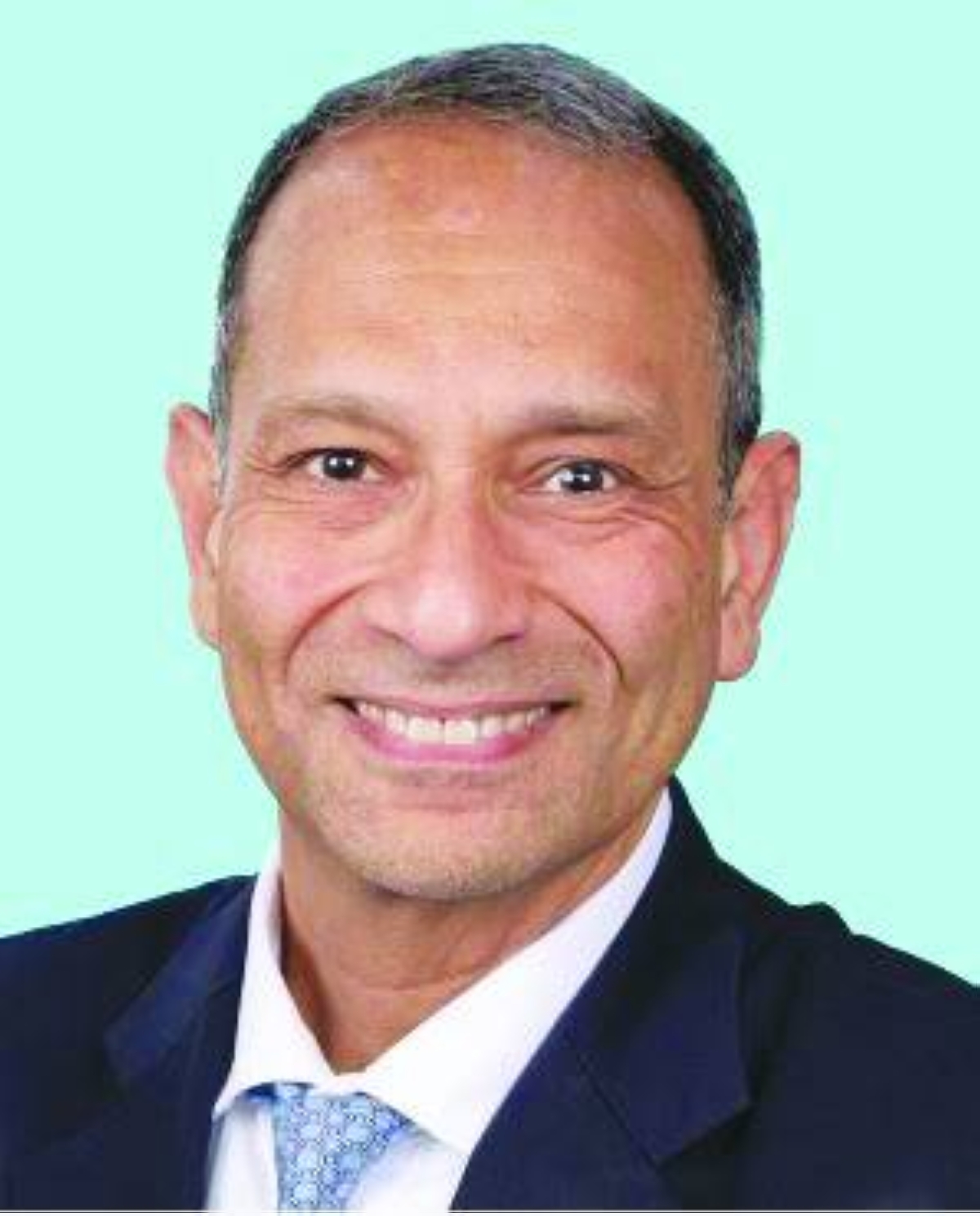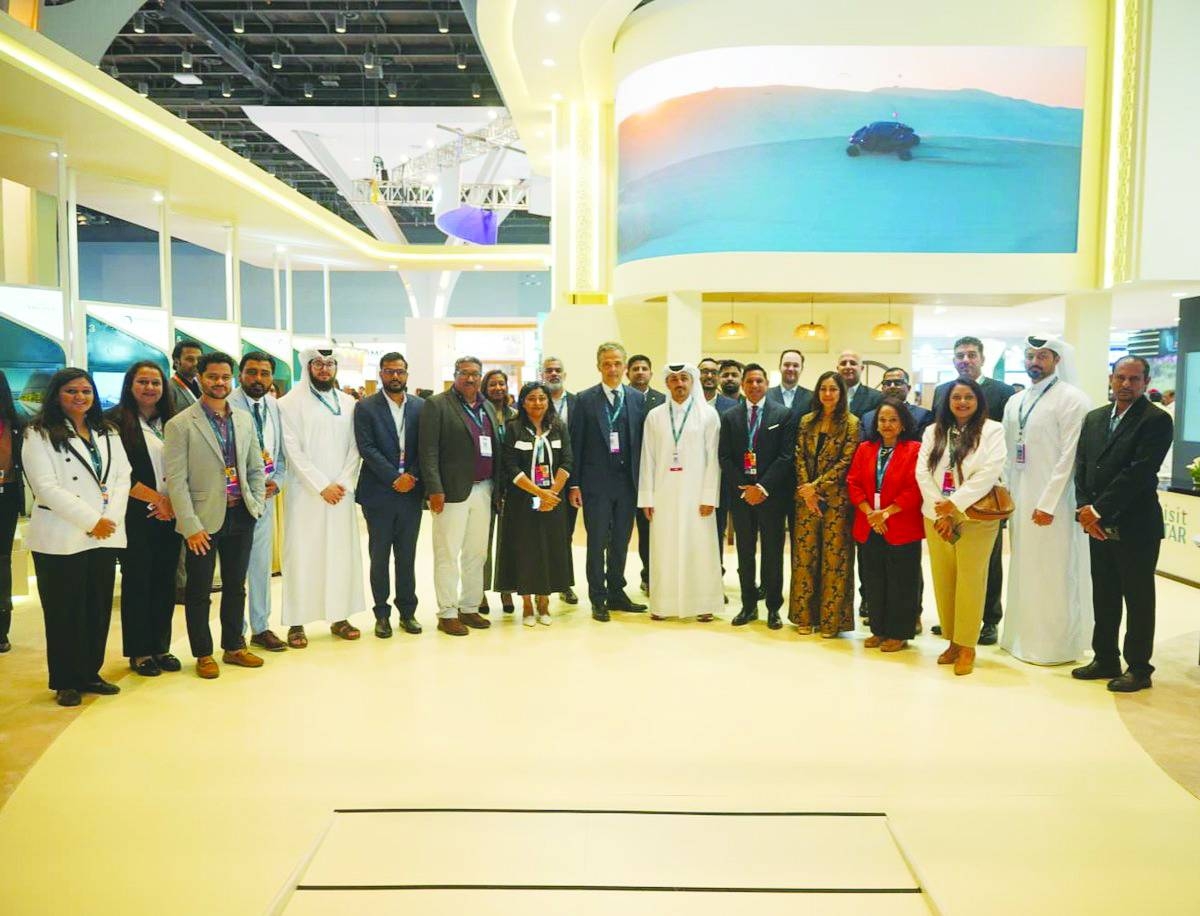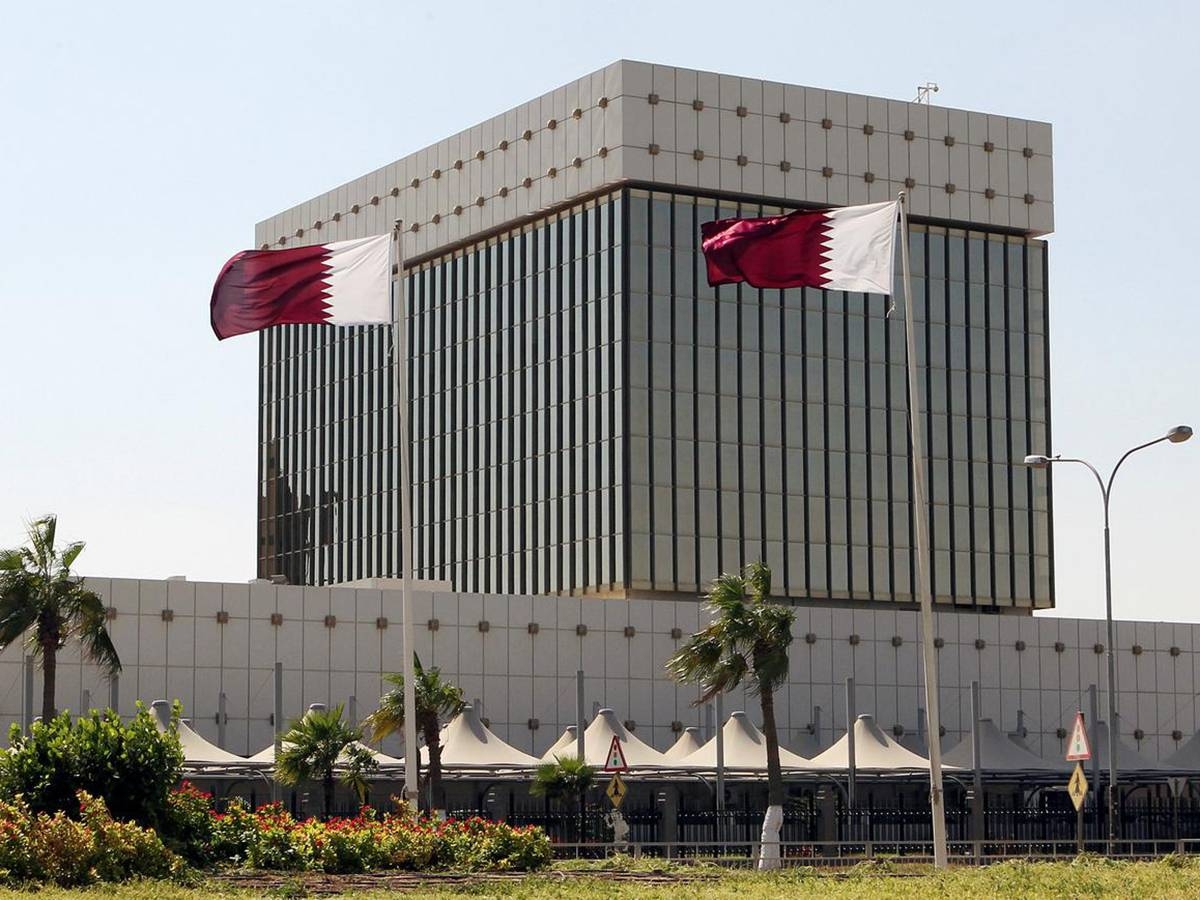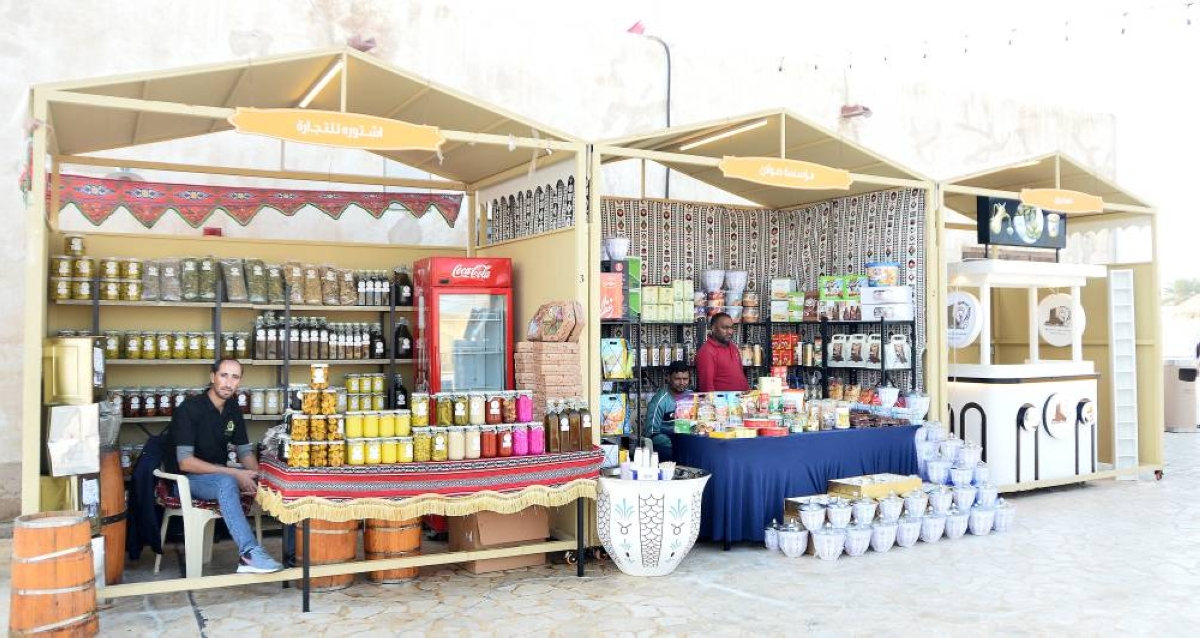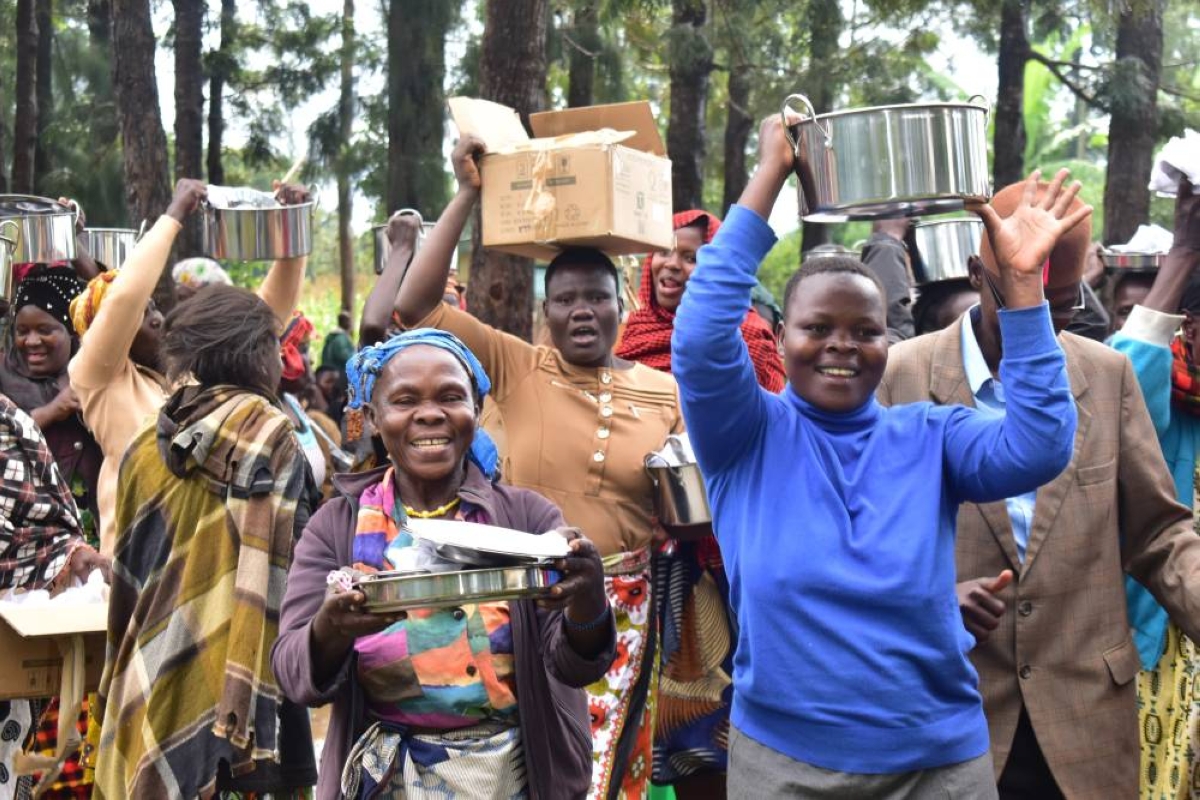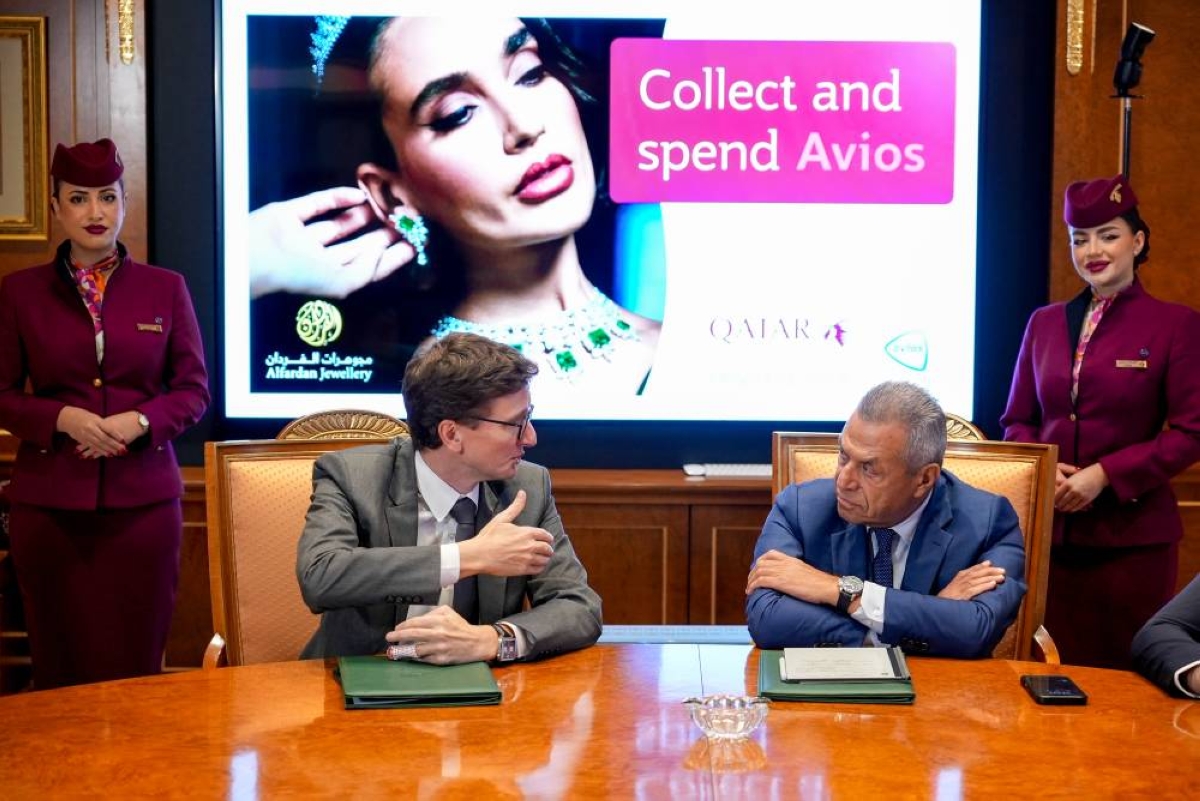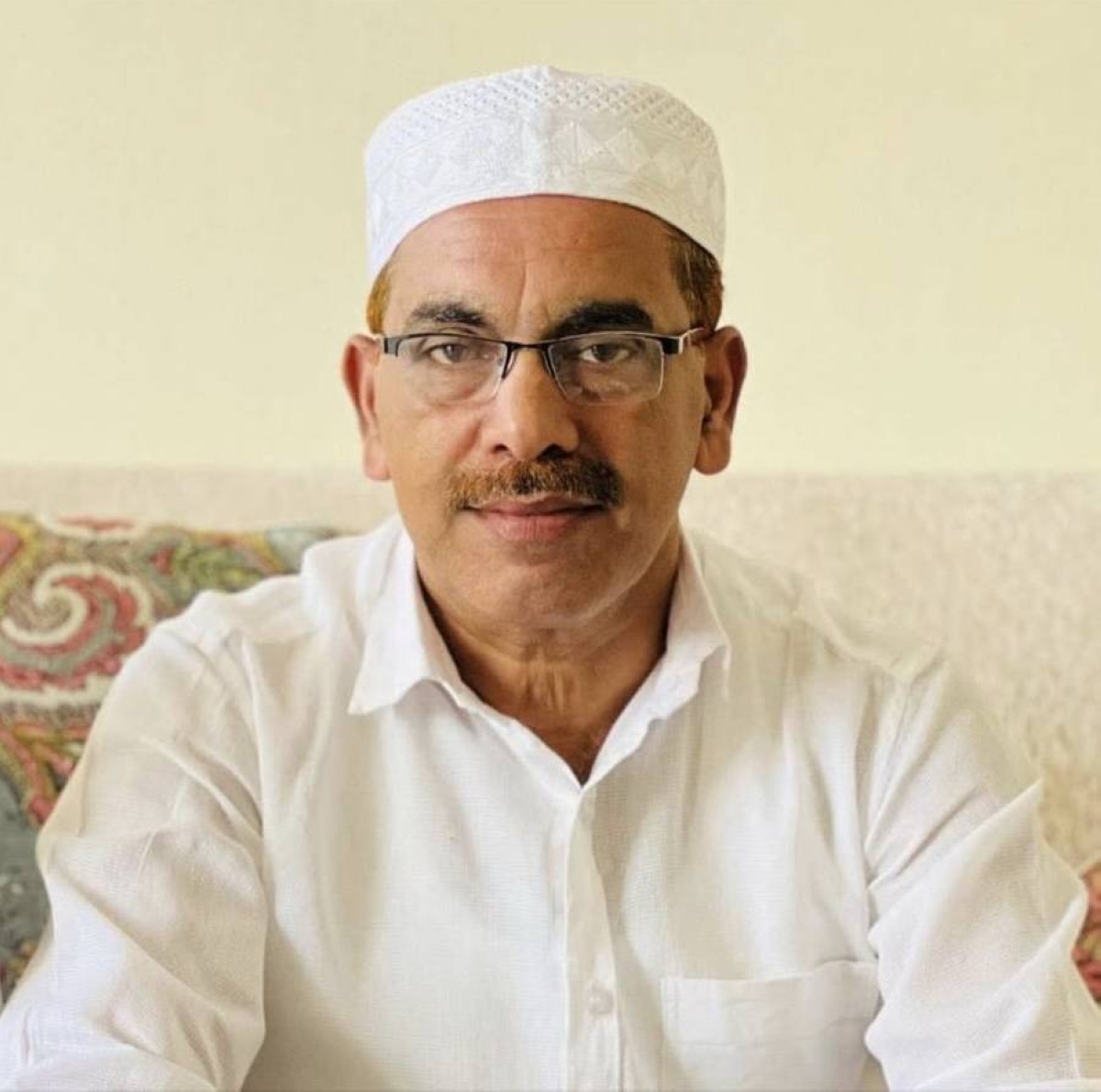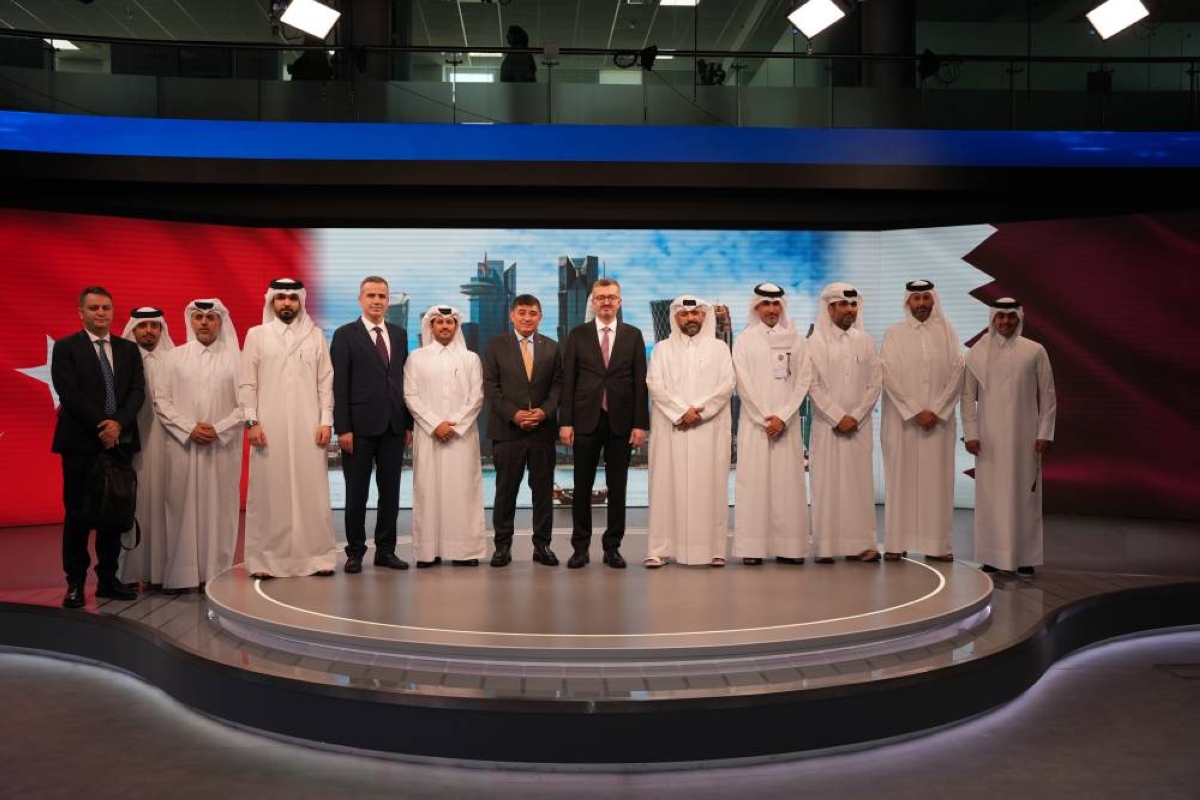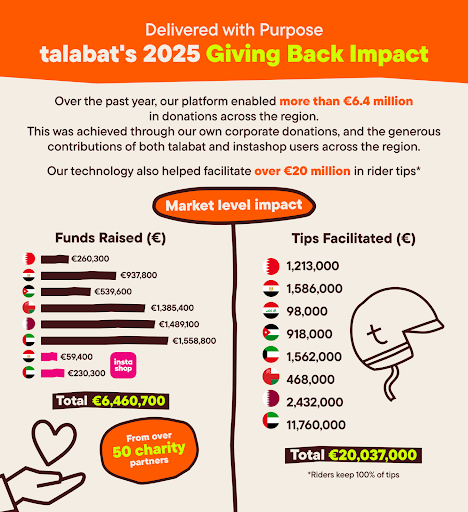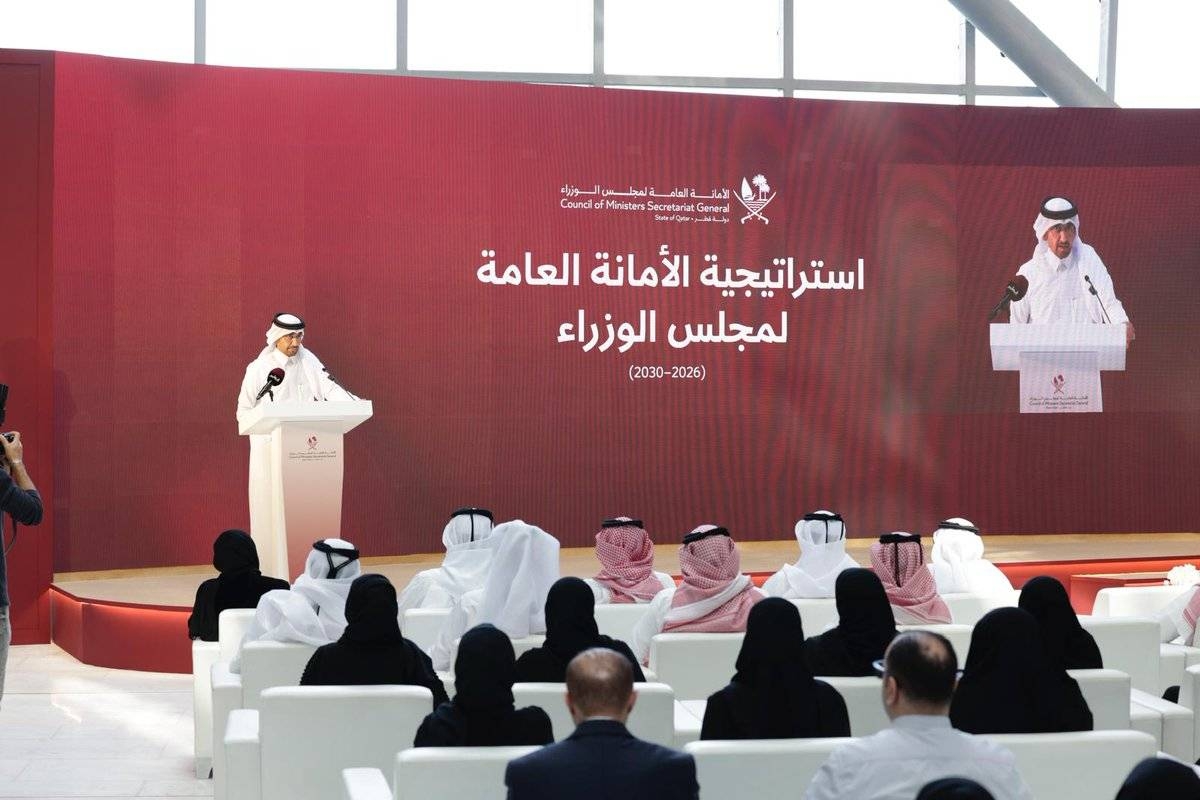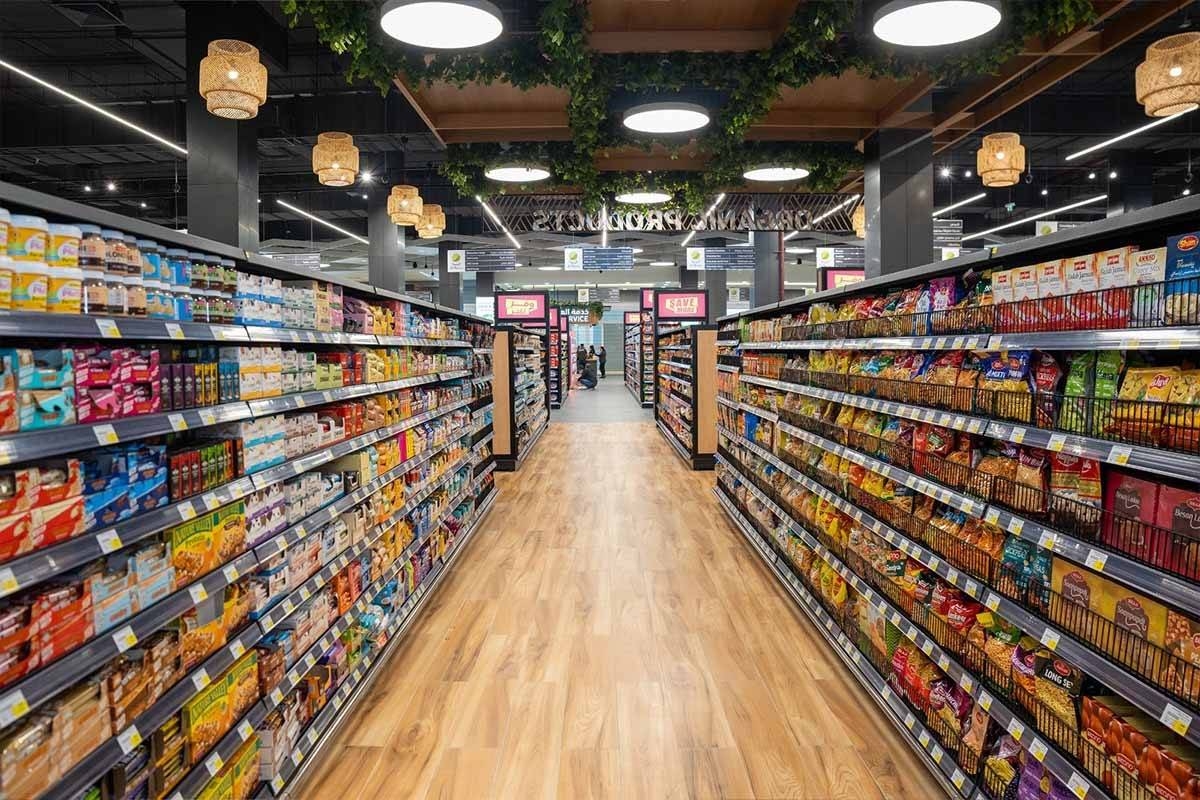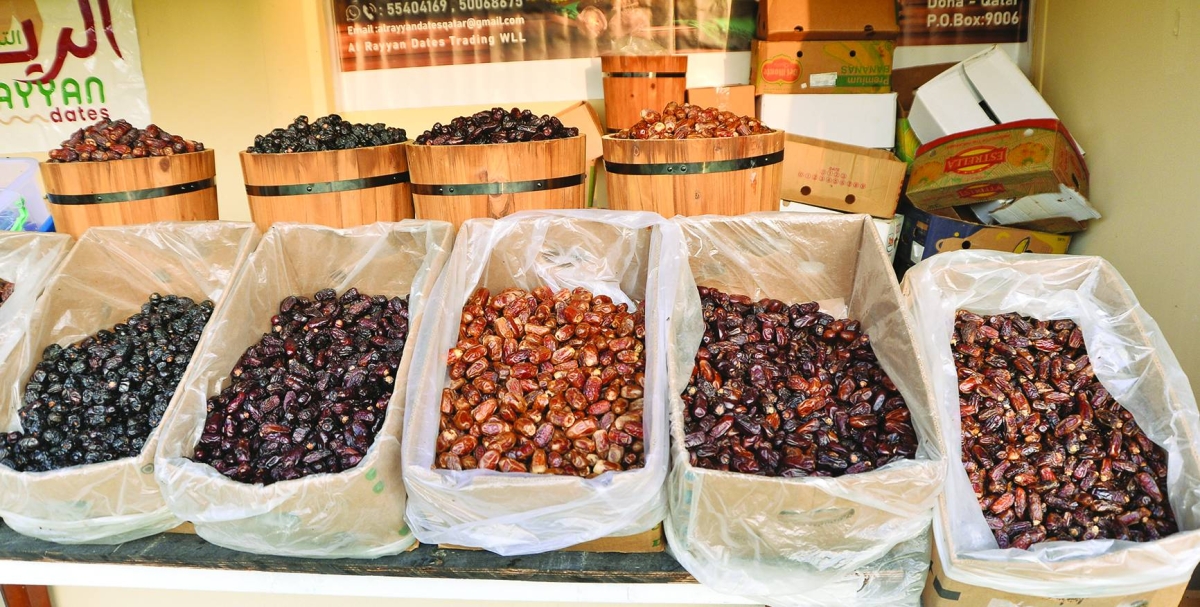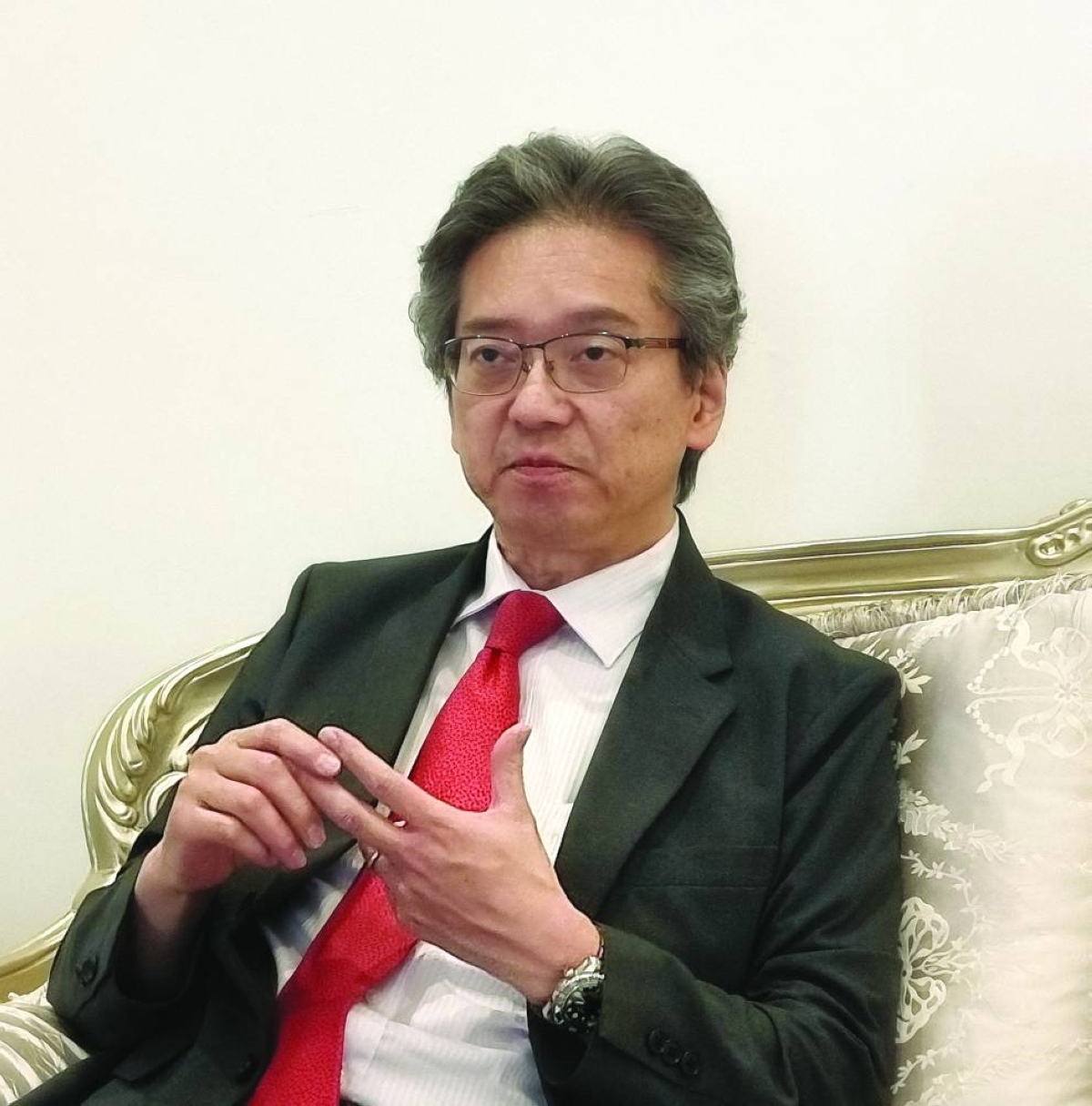The 8th Al Dasha Marine Sports Festival, organised by the Doha Marine Sports Club, kicks off today at Katara Beach, coinciding with the qatar’s National Sport Day (NSD).The festival, whose competitions will continue until next Saturday, serves as the official opening of the Doha Marine Sports Club’s calendar for the 2026 season.The festival is held annually in conjunction with the NSD and features a rich lineup of activities and programmes that cater to enthusiasts of all types of marine sports, both traditional and modern.The festival’s first activities will begin today with the official opening ceremony at Katara Beach.The Doha Marine Sports Club chose the NSD as the launch date of the festival to encourage all marine sports participants to embark on a distinctive season filled with strong competition, starting from the opening festival and extending throughout the rest of the season.Alongside the official opening today, the Marine Companies and Factories Exhibition will be inaugurated and held daily throughout the festival.Free public activities accompanying the festival will also be organised, including kayaking, stand-up paddleboarding, sailing tours, and water wheel activities, running daily from 10am to 5pm.The festival’s official competitions will begin on the first day, starting with kayak fishing and swordfish fishing competitions.The same contests will be repeated Wednesday before the festival moves into its most competitive stage with various championship rounds on Friday and Saturday.These will be the Qatar Traditional Rowing Championship, the Qatar Jet Ski and Freestyle Championship, and the Qatar Traditional Sailing Championship.Doha Marine Sports Club public relations officer at the Mohammed al-Mannai said that everything is in place to ensure the success of the new edition of the Al Dasha Festival, expressing satisfaction with all preparations and readiness, particularly with regards to organisational and logistical aspects.He said in a press statement that the festival boasts a wide range of marine sports, starting with jet skis, marathons, traditional rowing for adults and youth, modern sailing in all its categories, traditional sailing, and fishing, making it a diverse festival that fulfills the ambitions and interests of marine sports enthusiasts.Al-Mannai added that the Doha Marine Sports Club is keen for the festival to remain a fixed fixture on the club’s annual calendar, alongside the season’s multi-activity schedule, as it seeks to attract the largest possible number of participants of all ages to practice various modern and traditional marine sports.The annual Al Dasha Festival is an ideal opportunity to bring together the entire marine sector under one event, creating economic, social, sporting, and maritime integration within a single championship.This is particularly evident given the participation of numerous marine companies, as well as factories specialising in marine equipment and boat manufacturing, making it the most comprehensive sporting gathering of its kind in Qatar.
Qatar
Sunday, February 08, 2026
Sunday, February 08, 2026
Sunday, February 08, 2026
Monday, February 09, 2026
Sunday, February 08, 2026
Old Souq Al Wakrah hosts Maqadi Ramadan expo along waterfront
Monday, February 09, 2026
Zakat Affairs Department’s operational plans put in place ahead of Ramadan
Monday, February 09, 2026
Govt launches discount plan for Ramadan, Consumers to get over 1,000 items cheaper
Monday, February 09, 2026
Souq Waqif Dates exhibition brings regional flavours to Doha ahead of Ramadan
Monday, February 09, 2026
DIFI honoured with global recognition for its role in strengthening family ties
Monday, February 09, 2026

